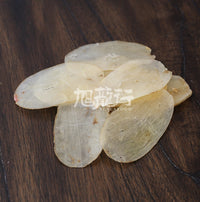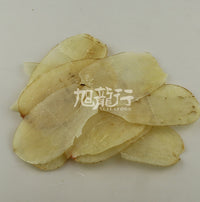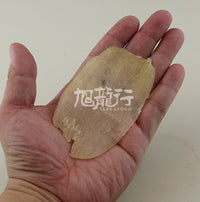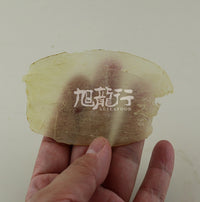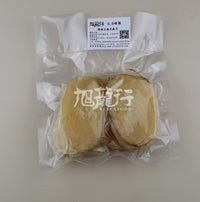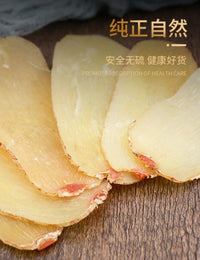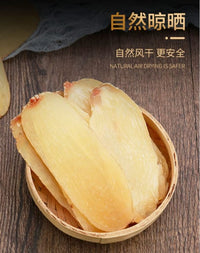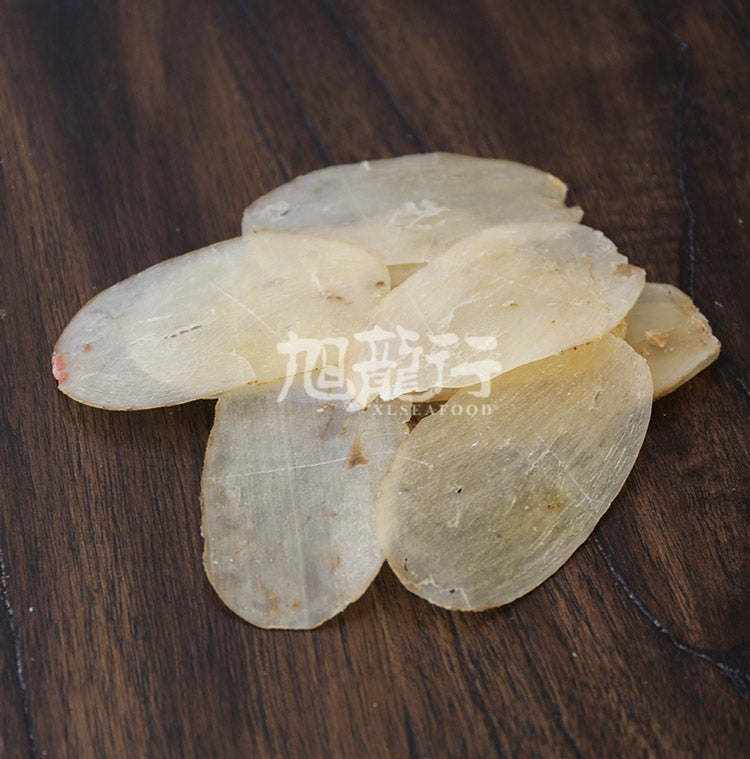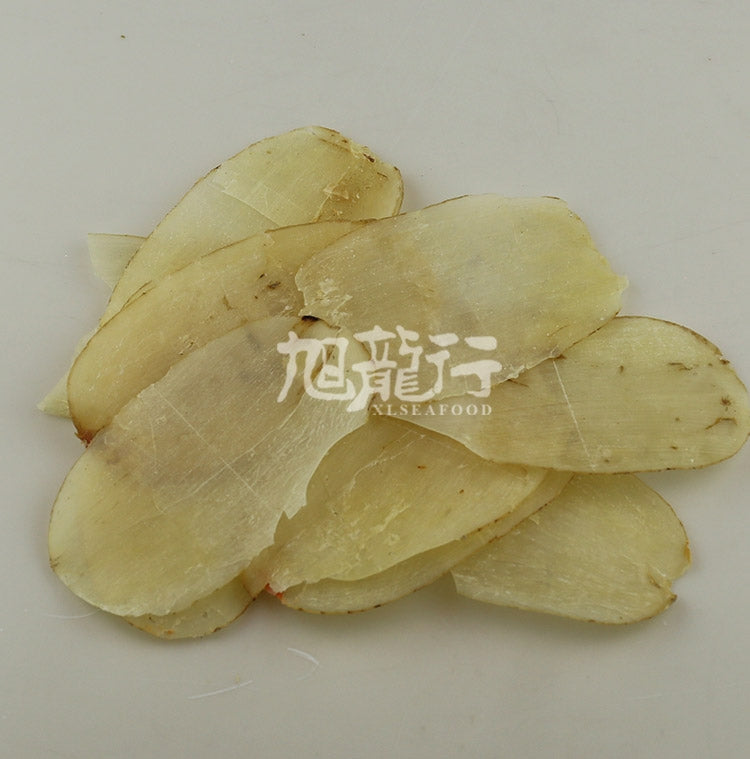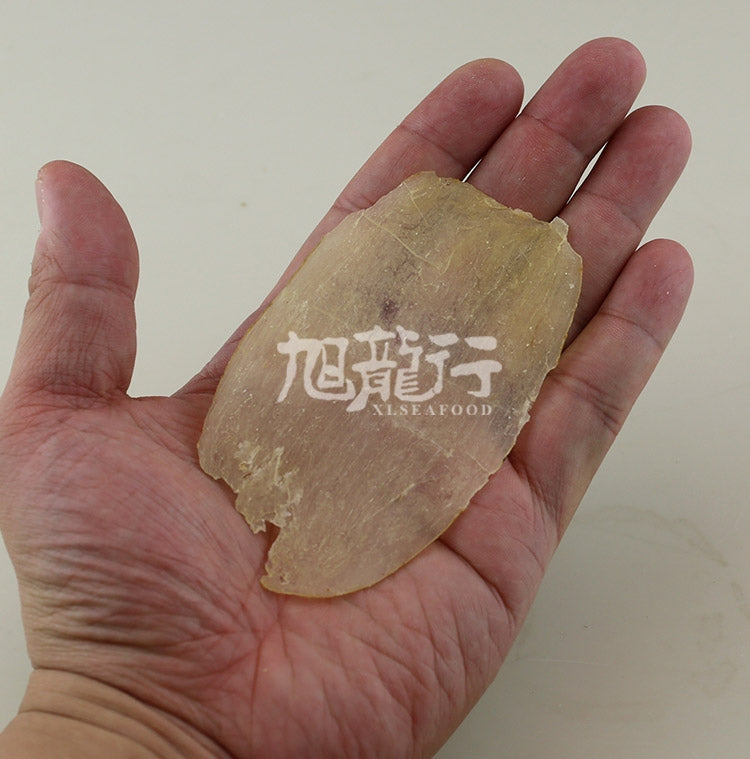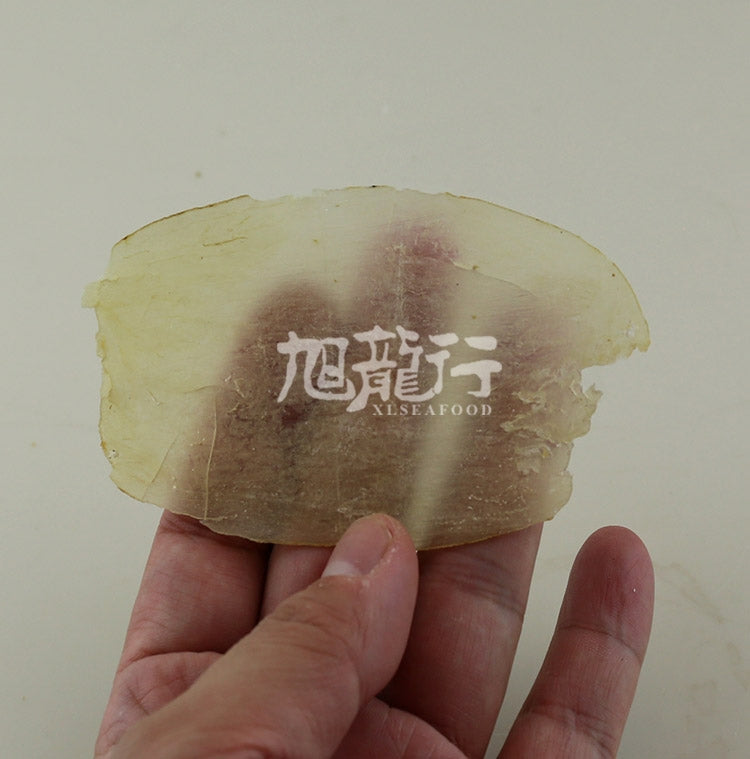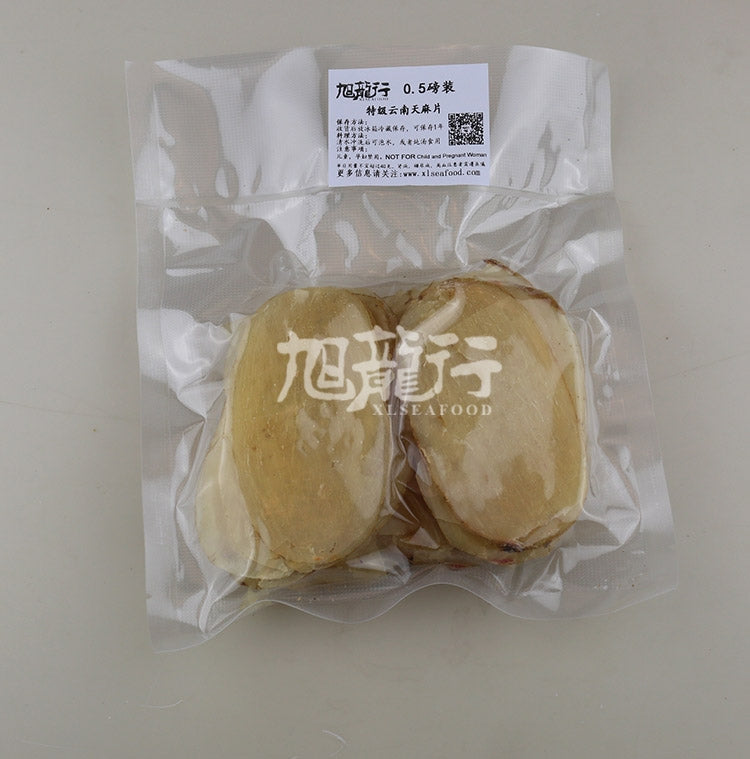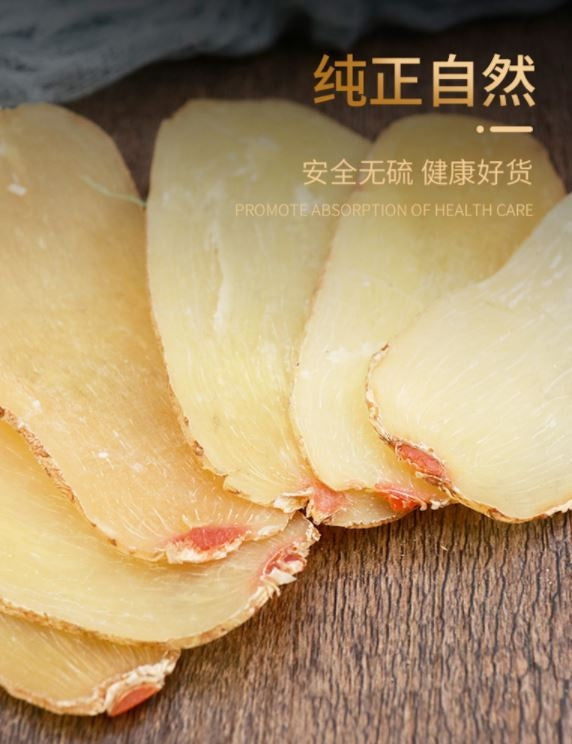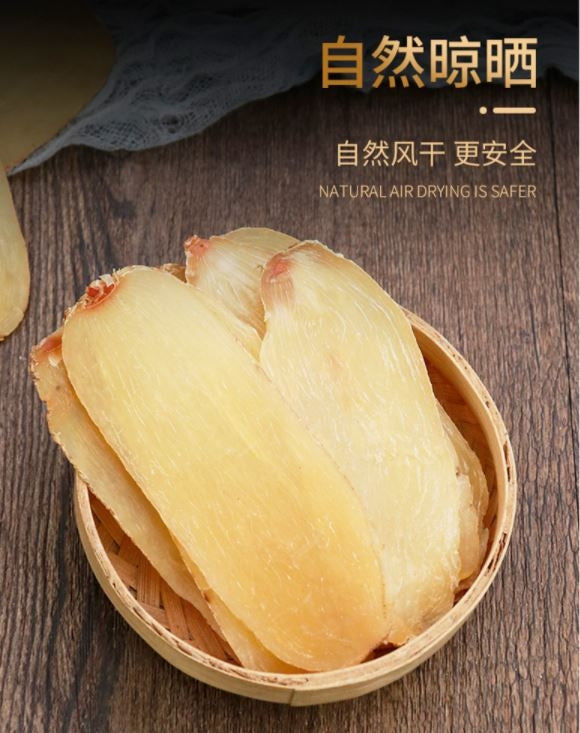XLSEAFOOD CHINA Yunnan Grade Premium Nature Unsulphure Gastrodia elata slice
-
Regular Price
-
$34.99
-
Sale Price
-
$34.99
-
Regular Price
-
Sold Out
-
Unit Price
- per
- Regular Price
- $34.99
- Sale Price
- $34.99
- Regular Price
- Unit Price
- per
Powered by Salepify App
- 产品说明
- 规格说明
产品说明
Tianma medicinal effect
Tianma is a precious medicinal material, recorded in many pharmacopoeias in China, and the "Compendium of Materia Medica" records that "Tianma is a medicine divided by liver qi".
Medicinal gastrodia is the dried tuber of the plant gastrodia, which is oblong or long, multi-folded, air-specific, sweet, and slightly spicy.
Tianma sweet, spicy, flat, non-toxic, return to the liver meridian, can stop wind and spasms, calm liver yang, dispel wind circulation, has the treatment of convulsions, convulsions, dizziness, headache, hemiplegia, limb numbness, rheumatic pain and other effects, can be 3-10 grams of decoction inside, or into pills, scatter, research end swallowing, 1-1.5 grams each time, but serious evidence of qi and blood deficiency need to be used with caution.
Modern medicine believes that it has anticonvulsant, brain health, anti-aging, sedation, sleep, anti-inflammatory, improve immunity, lower blood pressure and other pharmacological health effects.
Although Tianma is a high-grade medicine, but because of its neurotoxicity and nephrotoxicity, taking more than 40 grams at a time may lead to poisoning, and even lead to death when severe overdose, so be sure to pay attention to the dosage.
More info
Gastrodia elata, also known as red arrow, leaving mother, simmering gastrodia, ghost du post, divine grass, single shake zhi, red arrow fat, dingfeng weed, synthetic grass, single shake, automatic grass, water artichoke, tomorrow hemp, etc., is a plant of the orchid family.
The rhizome of Tianma is a precious Chinese medicinal herb that has been widely cultivated artificially in Sichuan and Yunnan, China.
Wild gastrodia has been rated as a vulnerable species by the International Union for Conservation of Nature (IUCN), and is listed in Appendix II of the Convention on International Trade in Endangered Species of Wild Fauna and Flora (CITES), and is also listed in China's List of Wild Plants under National Key Protection (Second Batch) as a Class II protected plant. Therefore, the current market of gastrodia is artificially cultivated, and there is basically no wild gastrodia.
规格说明



